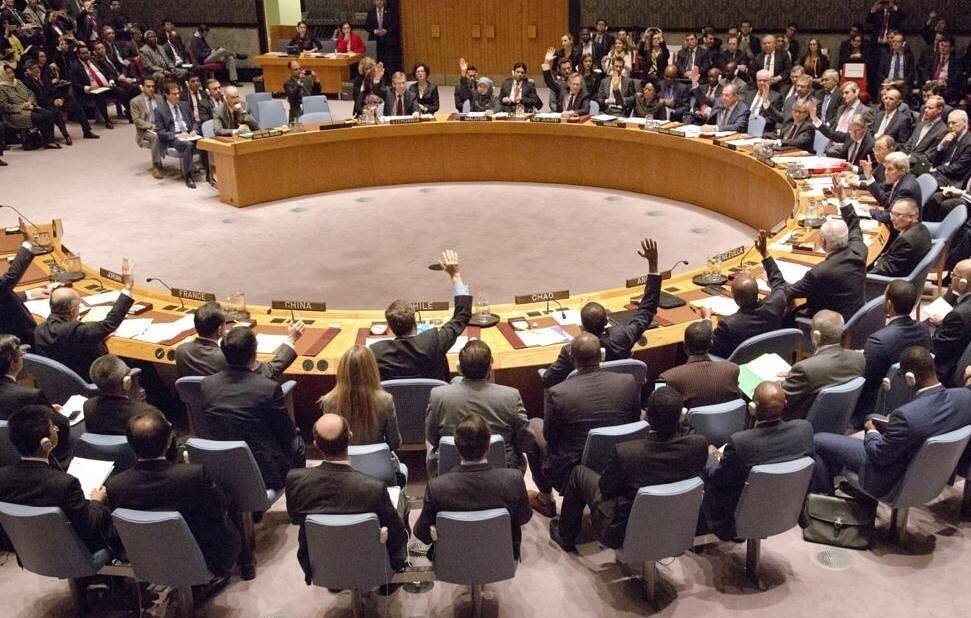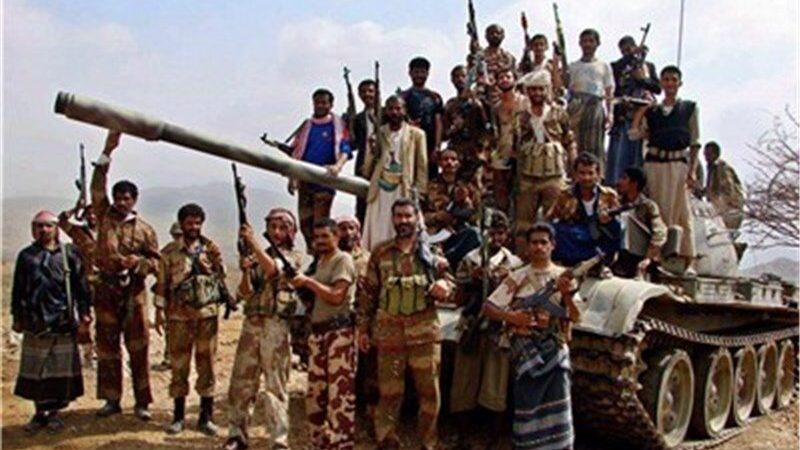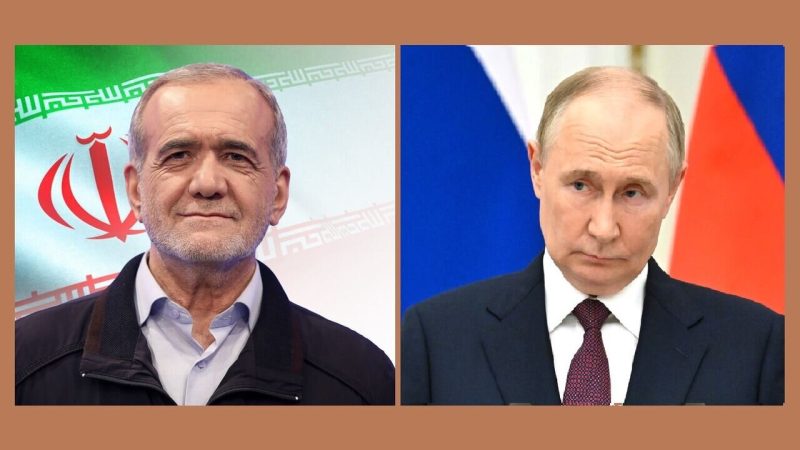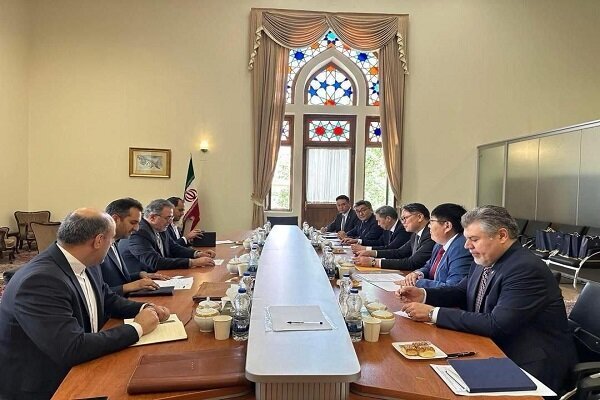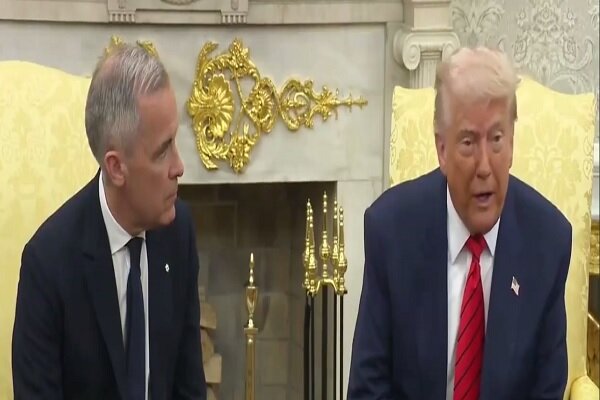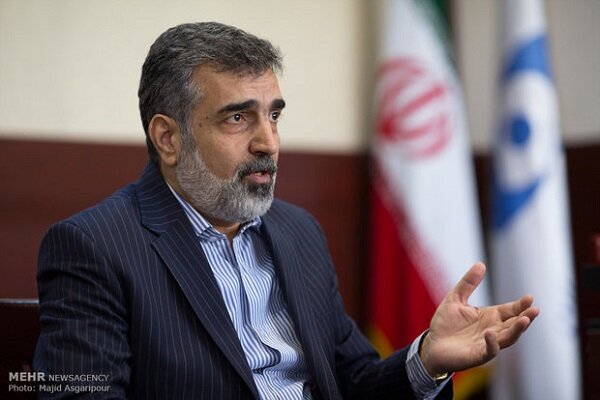“Lasting peace in South Asia requires that the Security Council implements its own resolutions, including the holding of (a) UN-supervised plebiscite to let Kashmiris determine their own future,” Asim Iftikhar Ahmad, Permanent Representative of Pakistan to the UN, told reporters following an emergency session of the Council.
“We urge the Security Council and the Secretary General to remain actively engaged in peace-making and preventive diplomacy. The role of the council is not just to observe conflict from afar, but to prevent it through timely and principled action,” he added.
Pakistan requested the closed-door meeting amid escalating tensions with India over an April 22 attack in Kashmir which left 26 people dead.
Ahmad said Islamabad came to the Council “with a message of peace, not provocation,” but stressed that peace “does not happen in a vacuum.”
He outlined three primary objectives of Pakistan’s engagement: to brief Council members on the “deteriorating security environment,” urge de-escalation, and reaffirm the centrality of the unresolved Jammu and Kashmir dispute.
“While Pakistan does not seek confrontation, we are fully prepared to defend our sovereignty and territorial integrity in accordance with Article 51 of the UN Charter,” he said.
Ahmad also rejected what he called “India’s attempt to implicate Pakistan” in the April 22 Pahalgam attack, which he said Pakistan and all Council members had condemned.
He further raised alarm over India’s suspension of the Indus Waters Treaty with Pakistan, warning that it undermines a decades-old legal framework for water-sharing.
Highlighting ongoing human rights violations in Indian-administered Kashmir, Ahmad said the region continues to suffer from “extrajudicial killings, arbitrary arrests, forced disappearances, torture, demolition of homes, restrictions on expression and media, and a systematic denial of the right to self-determination.”
“Peace must be built through dialogue, engagement and respect for international law,” he said. “The people of Kashmir have waited far too long for justice.”
Tensions are running high between the nuclear-armed neighbors over last month’s attack at the touristic resort of Pahalgam in Indian-administered Kashmir.
India blamed Pakistan, saying the attack had “cross-border links.” Islamabad denied this and instead offered a neutral probe with third-party monitoring.
Both countries have taken diplomatic measures against each other, including canceling visas for each other’s citizens and recalling some diplomatic staff.
India also suspended its participation in the Indus Waters Treaty, a 1960 water use and distribution agreement with Pakistan.
RHM/

